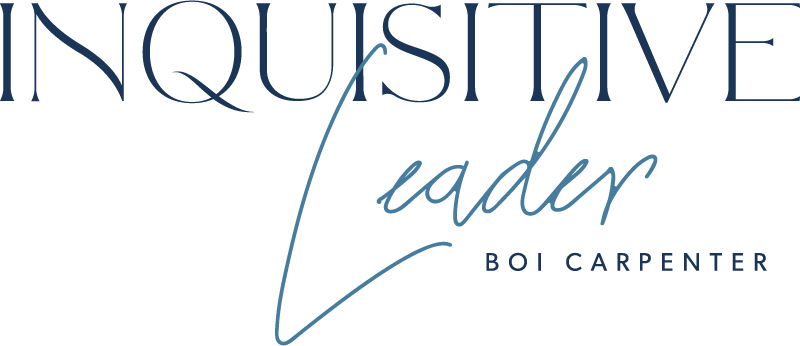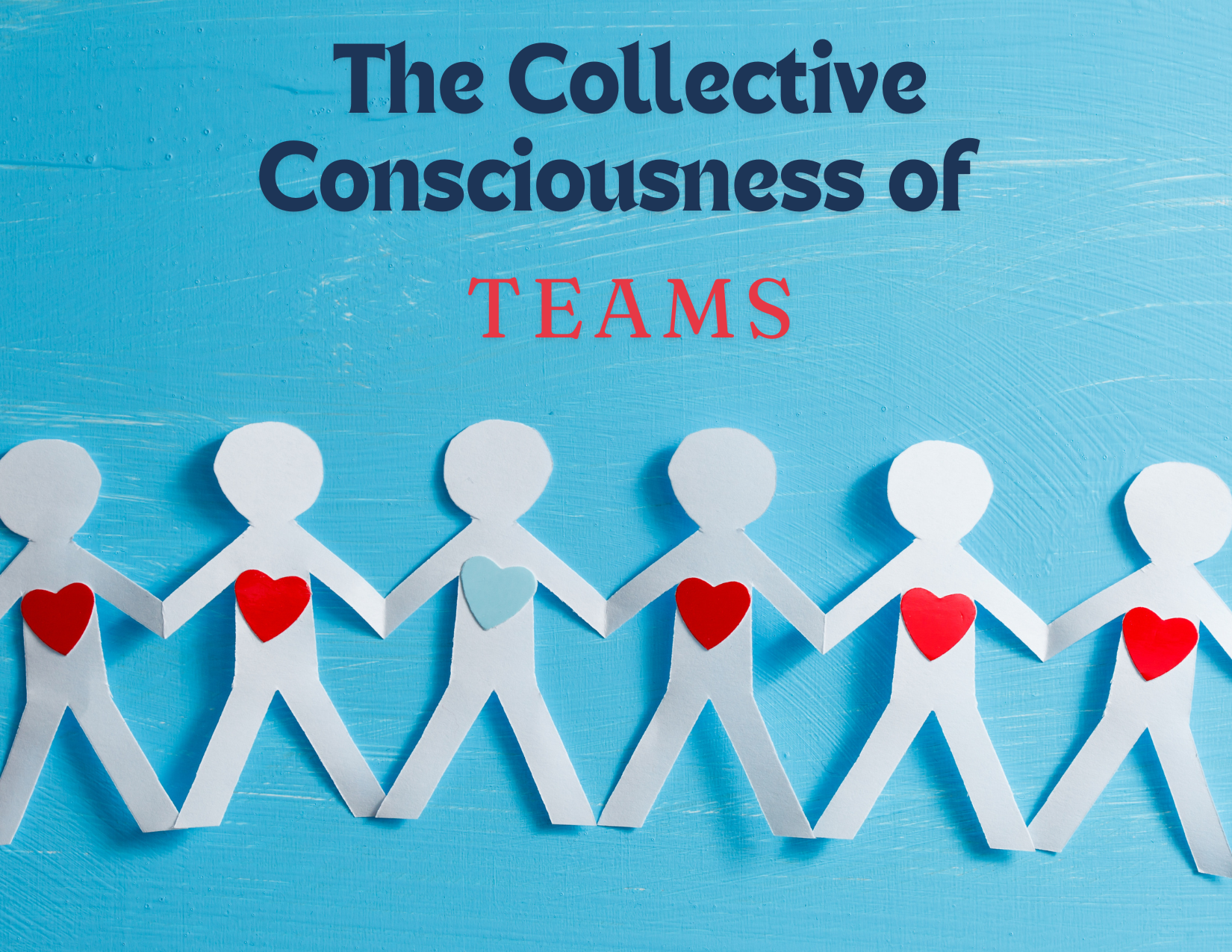Over my spring break with my daughter, I was unwinding on the beach and noticing those patterns in life that I am often too busy to see because I am constantly moving at warp speed. What struck me was all the serving I do without asking or expecting to be served. As a child, I was taught to be polite, use my manners, not be a glutton, and not take the largest or last piece of anything being served. It is a pattern of behavior that many people have due to upbringing, societal influences, or habitual patterns that we have formed over the years.
One morning during our spring vacation, my daughter had a friend join her for a few days, and as this mother tends to do, I tried to make it as perfect as possible. We have a sunrise ritual where I order doughnuts and coffee in advance, go through the drive-through to pick them up, and then hit the beach before sunrise. I always order ample food, and this morning was no exception. The box of doughnuts was being devoured, and eventually, one doughnut was left. I wanted to eat it but realized that, for some bizarre reason, I could not. Why on earth could I not eat that last doughnut? I wanted it. Was it that I did not want to take it because it seemed rude or gluttonous? Was it that I wanted to leave it for my daughter and her friend as a gesture of kindness and giving? I became extremely curious about what was driving and motivating my behavior.
Putting ourselves first can seem selfish, but why can we be kind to others but not ourselves? What makes some people lean more towards giving and others more towards taking? I remember reading Adam Grant’s book, “Give and Take,” which begs the question of what generosity means to those individuals who are givers. He posits that the spirit of generosity should be differentiated from three characteristics often associated with weakness: timidity, availability, and empathy. Being a giver should not mean sacrificing self for others. There is a point of modulation.
We all have behavioral traits that we exhibit personally and professionally, and it behooves us to be curious about what motivates us and why. It is important because some behaviors can serve us well, and others can be detrimental. The behaviors ingrained in us may stem from several factors, such as association, reinforcement, and punishment. Embracing our complexity is a step to understanding and learning how to modulate our behaviors when necessary.
Motivation comes in many flavors. There is intrinsic motivation driven by pure satisfaction; extrinsic motivation, which can be sought out for things such as reward, power, or fear; and multifaceted motivation, which points to the fact that multiple things affect our motivation. But why is it important to understand what is driving your motivation? It’s important because it provides a way to align with our goals and better understand the costs and benefits of our decision-making.
So why could I not eat that last doughnut? Upon reflection, food is a love language for me, a sign of affection, but I can be an extremist. For me, food is a symbol of many other things in life and work. I now recognize that I lean towards focusing on others above myself. Sometimes that is good, sometimes that is bad, and sometimes that is just ridiculous.
The path to being a good human is to know thyself! Having an all-or-nothing mindset is limiting. Being a martyr can mean being a fool. As Adam Grant says, there are givers, takers, and matchers. But sometimes, you need not overthink things and just eat the last doughnut!







